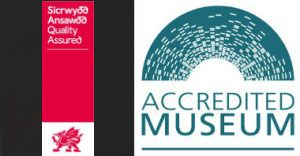The Swansea newspaper ‘The Cambrian’ first recorded a ship arriving at Swansea from Cuba on the 24th March 1832. The brig Emulous docked with a cargo of 200 tons of copper ore, 80 tons of rustic (a tropical hardwood tree) and 150 elephant tusks.
Swansea ships were heading to the second city of Cuba Santiago de Cuba, the port being a short distance from the Sierra Maestra copper mines. A round trip from Swansea would average six months and pose many dangers, including tropical diseases. The Cambrian reported on the Cuba trade on the 18th January 1845, thus “The arrivals at Swansea from Cuba, within the last fortnight have been unusually great; about a dozen vessels laden with copper ore from that island have entered our port during that period.
We however regret to state, that there has been a considerable increase in the rate of mortality, every vessel having lost one or more of her crew; while in one the Lady Pirie six individuals fell victim to the fatal influences of that climate.”
In 1865 Yellow Fever occurred in Swansea, brought by mosquitoes that survived in a cargo from Cuba, the only known outbreak in the UK, fifteen Swansea folk dying. Despite slavery being abolished, recent research indicates that in Cuba slave labour continued to be used at the copper mines supplying the Swansea factories.
The Cuba Inn – near where Sainsburys Store is now – was a last reminder of the town for many a Swansea sailor, before Cape Horn and the Southern Ocean, an old ‘Shanty’ telling “Bound away next morning, for the old Cape Horn again…Who drinks here at the Cuba, I tell you sir indeed I do…”(© Andrew McKay)

